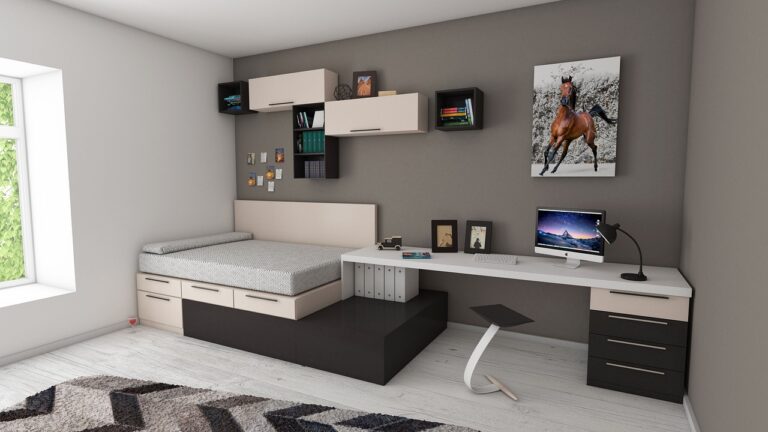The Role of Charter Schools in Supporting Students with Physical Disabilities: 11xplay.com login, Lesar 247.com, Tiger 247 login
11xplay.com login, lesar 247.com, tiger 247 login: Charter schools play a crucial role in providing support for students with physical disabilities. These schools offer unique opportunities for students to receive specialized services and accommodations that may not be available in traditional public schools. By promoting inclusion and fostering a supportive environment, charter schools can help students with physical disabilities thrive academically and socially.
Understanding the unique needs of students with physical disabilities is essential for charter schools to effectively support their educational journey. From accessible facilities to specialized equipment and technology, charter schools can make significant investments to ensure that these students have the resources they need to succeed. Additionally, charter schools often have smaller class sizes, allowing for more personalized attention and support for students with physical disabilities.
One of the key roles of charter schools in supporting students with physical disabilities is providing individualized education plans (IEPs). These plans outline specific goals, accommodations, and services tailored to each student’s unique needs. By working closely with parents, teachers, and specialists, charter schools can create a supportive and inclusive environment where students with physical disabilities can thrive.
Charter schools also play a crucial role in promoting social inclusion and fostering a sense of belonging for students with physical disabilities. By implementing programs and activities that encourage interaction and collaboration among all students, charter schools can help break down barriers and promote understanding and acceptance. Creating a culture of respect and empathy is essential for ensuring that students with physical disabilities feel valued and supported in their educational journey.
In addition to academic support, charter schools can also provide students with physical disabilities access to extracurricular activities and enrichment programs. These opportunities can help students develop new skills, build confidence, and form lasting friendships. By offering a diverse range of activities and experiences, charter schools can empower students with physical disabilities to explore their interests and passions beyond the classroom.
FAQs:
Q: Are charter schools required to provide accommodations for students with physical disabilities?
A: Yes, charter schools are required to provide accommodations for students with physical disabilities under federal law. These accommodations should be outlined in the student’s individualized education plan (IEP) and may include specialized equipment, technology, and support services.
Q: How can parents advocate for their child’s needs in a charter school?
A: Parents can advocate for their child’s needs by working closely with the school’s administration, teachers, and specialists to develop a comprehensive IEP that addresses their child’s unique needs. By actively participating in the planning and review process, parents can ensure that their child receives the support they need to succeed.
Q: What resources are available to charter schools to support students with physical disabilities?
A: Charter schools can access a variety of resources to support students with physical disabilities, including federal funding, grants, and partnerships with community organizations and specialists. Additionally, charter schools can collaborate with parents and advocacy groups to ensure that students with physical disabilities have access to the resources they need to thrive.







